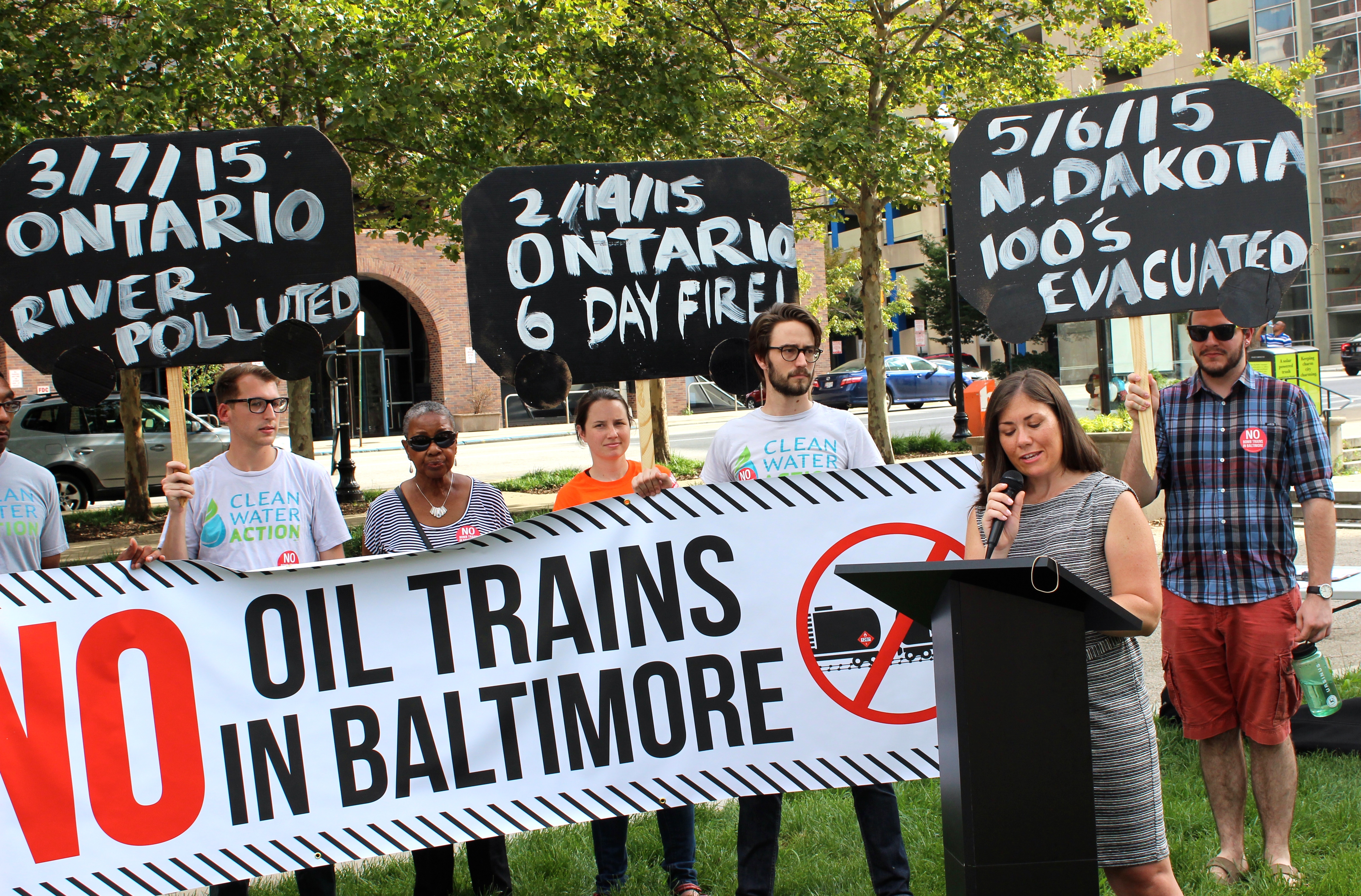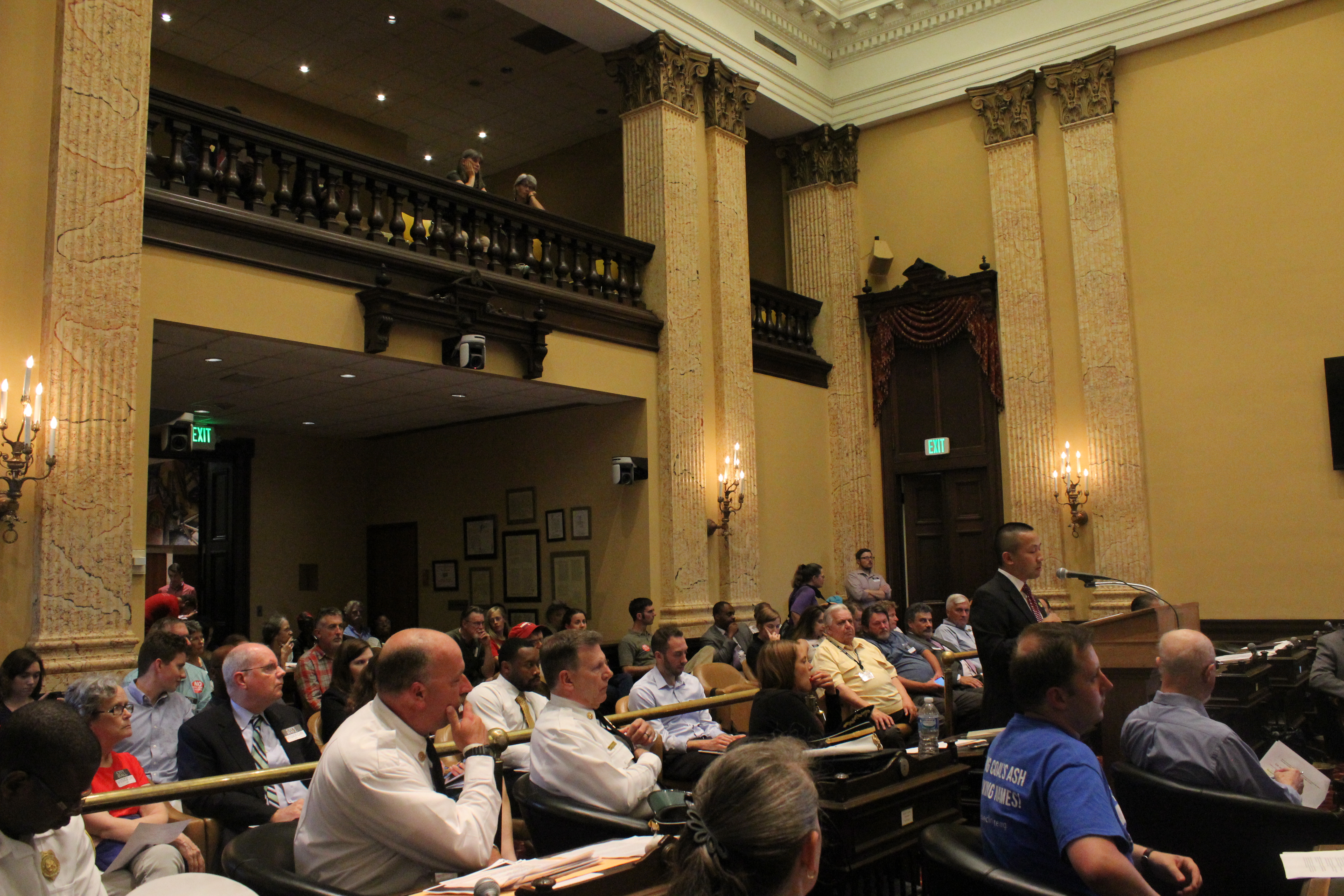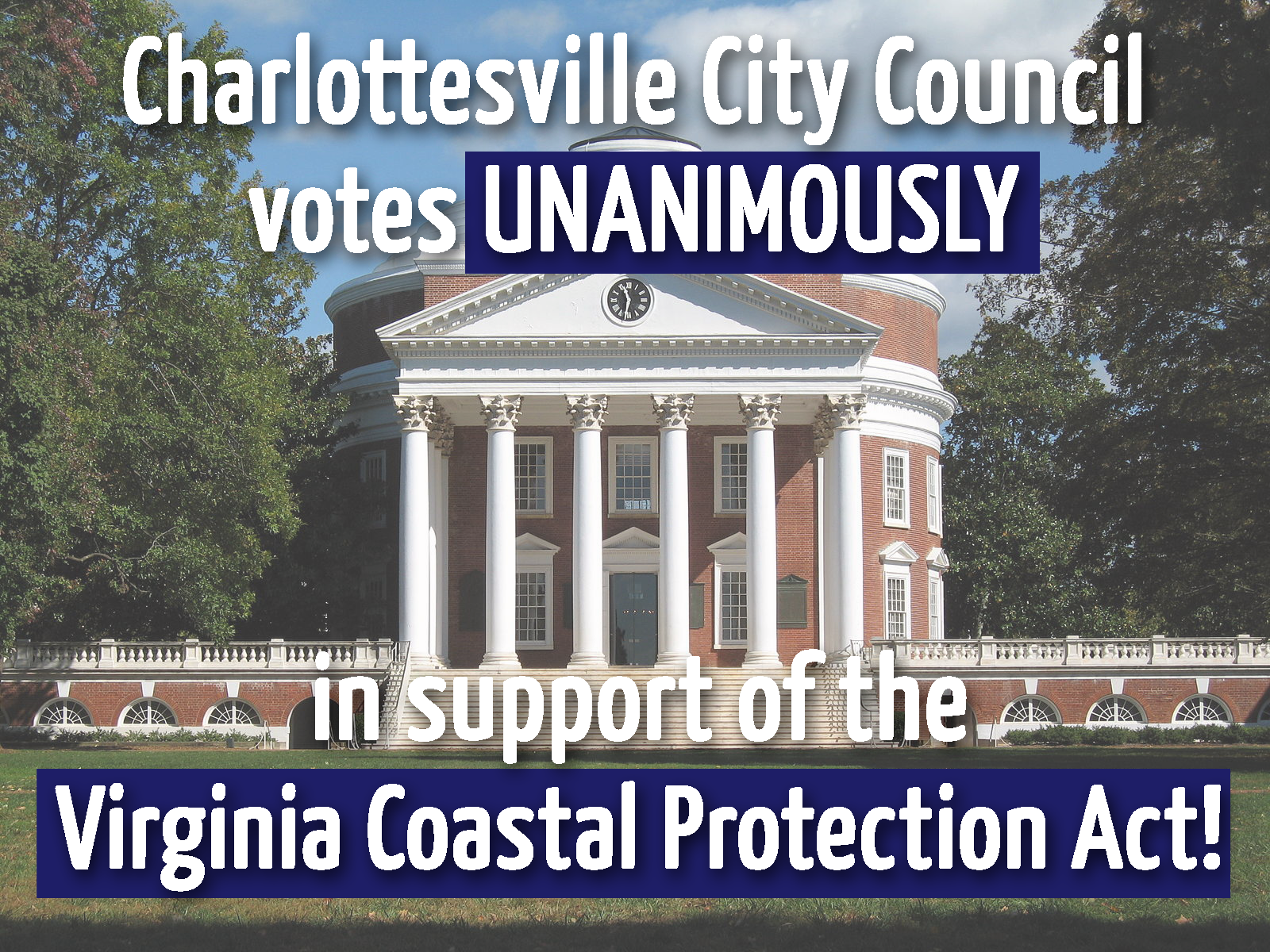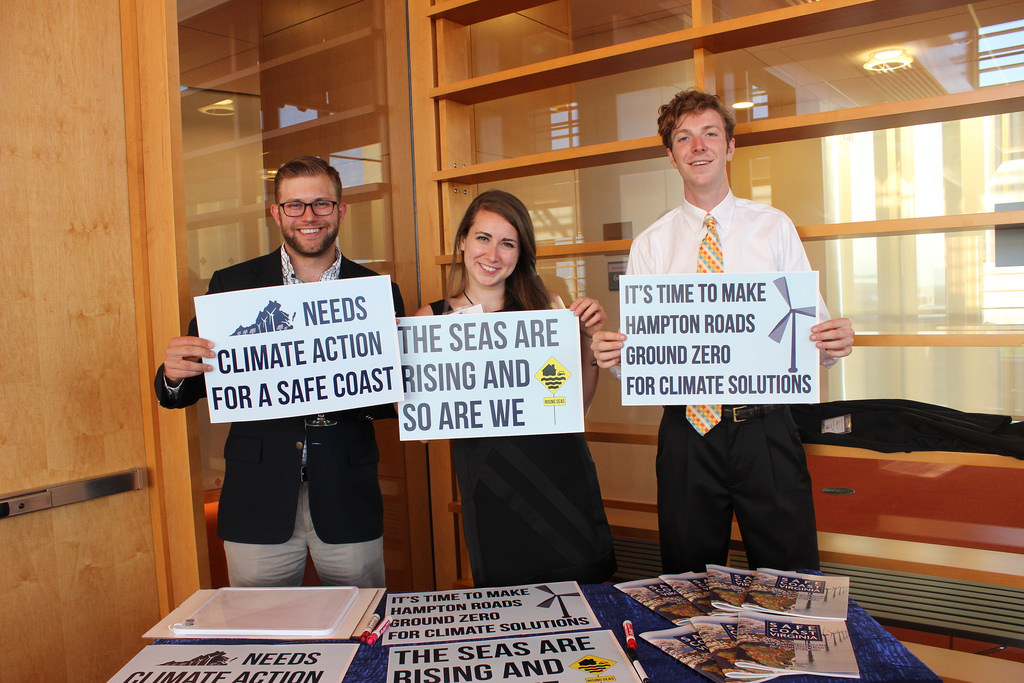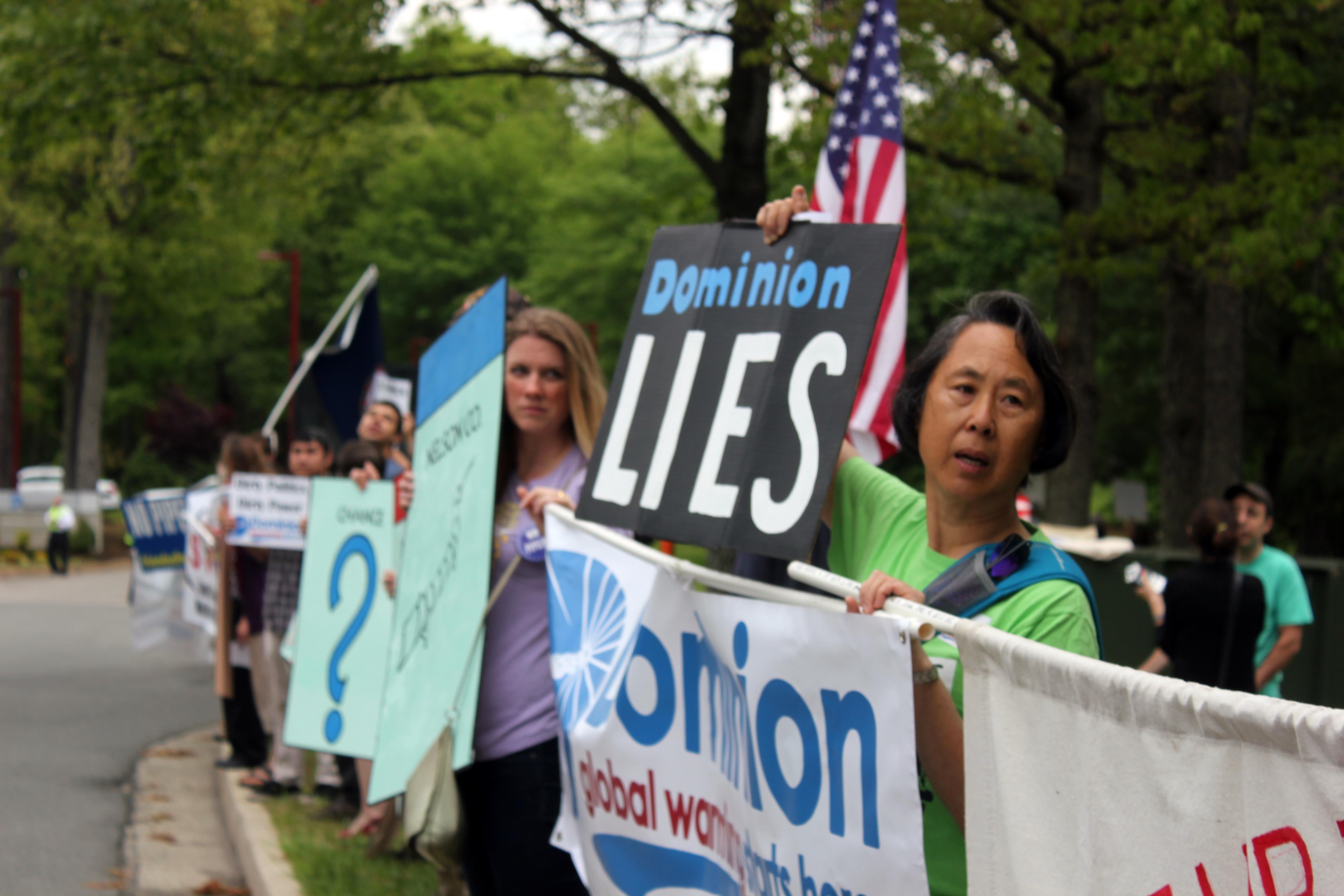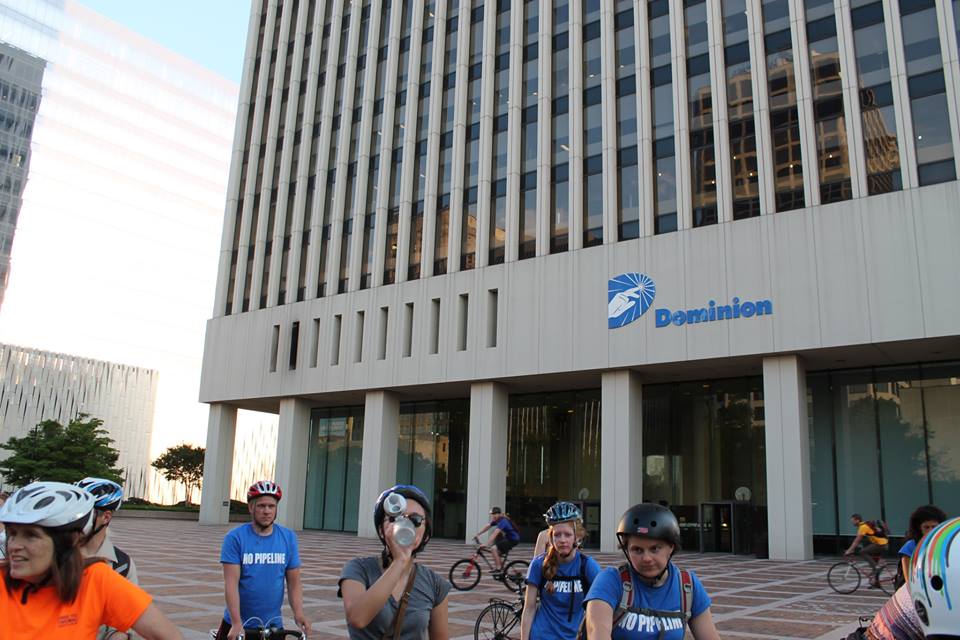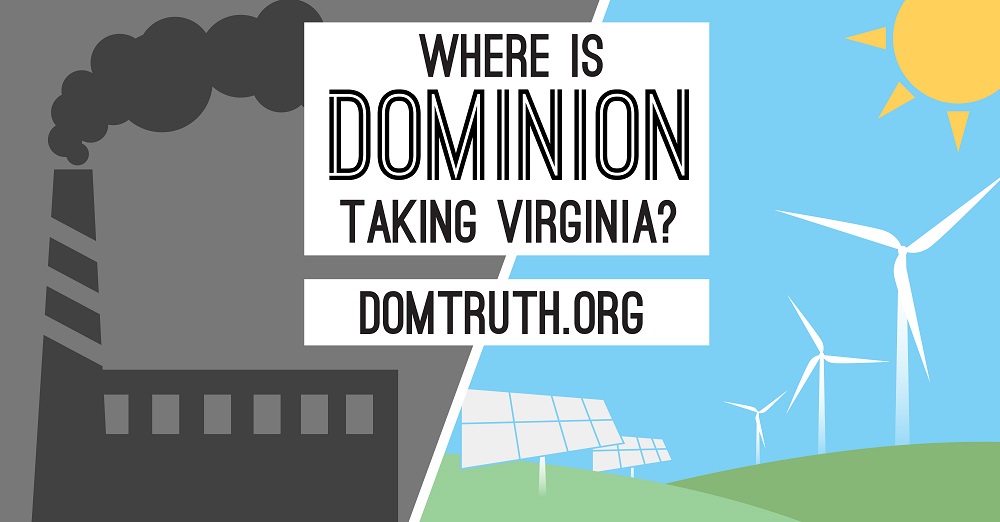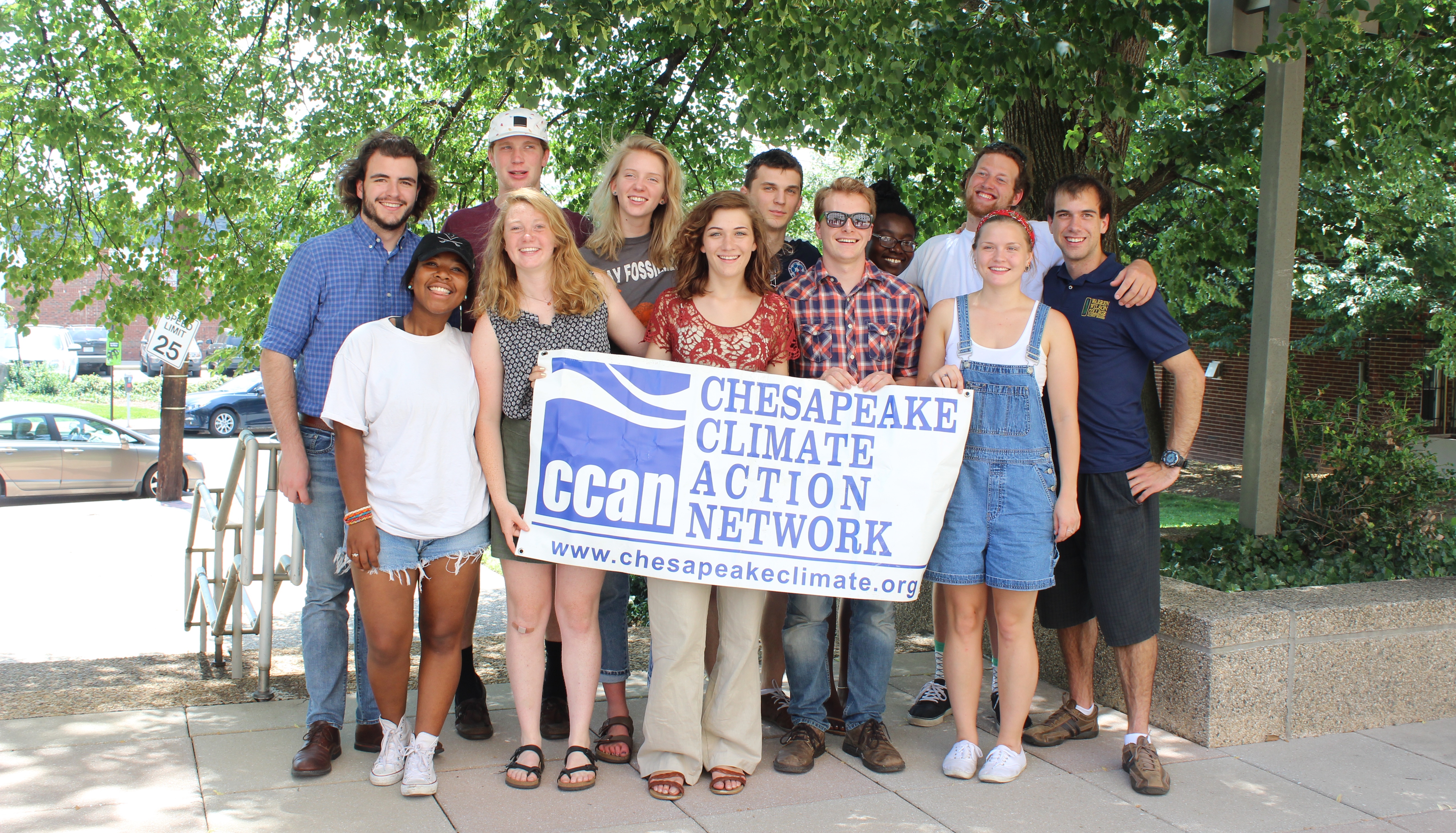PSC also commits to major gas efficiency
Environmentalists praise historic move: New policy is equivalent to retiring a major coal plant every two years or tripling the state’s existing wind farms annually
BALTIMORE—On Thursday, the Maryland Public Service Commission (PSC) launched Maryland into the top tier of electricity-saving states by embracing one of the highest energy efficiency targets in the country. The PSC also ordered, for the first time, that natural gas usage reduction goals will be adopted for all gas companies in Maryland. The long-awaited decision, incorporating input from a wide range of stakeholders, gives a huge boost to the state’s “EmPOWER Maryland” program, designed to help consumers while fighting climate change.
Thursday’s order requires that Maryland’s electric utilities achieve annual incremental electricity savings of 2.0% of retail sales per year in perpetuity. That is a significant increase over today’s levels. In 2013, Maryland achieved gross savings equal to 1.3% of retail sales. To put Maryland’s new goals into a national perspective, only two other states—Rhode Island and Massachusetts—achieved saving levels higher than 2% last year. In terms of future targets, Maryland’s new goals are among the top five in the country.
“The state of Maryland has just taken a huge step in showing that action on air pollution and climate change can go hand in hand with consumer savings,” said Mike Tidwell, director of the Chesapeake Climate Action Network. “The PSC deserves praise for hearing the public’s voice that efficiency is a win-win. We now hope other states will follow suit at this same high level.”
The impacts of the PSC decision on Maryland’s electricity grid and the resulting carbon reductions are significant. The new EmPOWER rules will require utilities to save over 1.2 million megawatt-hours per year.[1] That’s the energy equivalent of closing a 460 megawatt coal-fired plant every two years, [2] and will reduce carbon at levels equivalent to taking 173,000 cars off the road annually [3]. To put that another way, today’s new EmPOWER rules will reduce carbon emissions at a rate equivalent to building 470 megawatts of new wind power every year. That’s nearly three times greater than Maryland’s installed wind capacity today.
The Commission’s decision to extend the EmPOWER Maryland program to all gas companies is also a potential game-changer for energy usage and greenhouse gas emissions. While a handful of gas companies already offer some energy savings options to their customers, the state lacks a unified natural gas savings goal. Given that direct consumption of natural gas accounts for 10% of the state’s greenhouse gas emissions, reductions in this sector are imperative as part of a comprehensive climate change strategy. The PSC did not establish specific goals for natural gas in this order, but they did establish a timeline for developing those goals and prescribed certain minimum parameters that must be observed during the process. This order ensures that natural gas savings options will eventually be made available to customers statewide.
CCAN worked very closely with a large and diverse coalition of energy efficiency advocates to achieve Thursday’s important victory. We look forward to continuing our work with this coalition, the PSC, and other state actors to ensure these rules are fully implemented to achieve maximum energy savings.
View the PSC’s order at: http://167.102.231.189/case-decisions/order-no-87082-case-nos-9153-9157-9362-empower-md-energy-efficiency-goal-allocating-and-cost-effectiveness/
REFERENCES:
1. Maryland 2013 retail sales: 61,899,478 MWh per EIA-826, <http://www.eia.gov/electricity/data/eia826/>. 2% of 2013 sales is 1,237,990 MWh.
2. Based on 2014 annual coal capacity factor (60.9%) <http://www.eia.gov/electricity/monthly/epm_table_grapher.cfm?t=epmt_6_07_a>
3. Assumes offset emissions factor of 1,480 lbs/MWh. From the Maryland Energy Administration’s Greenhouse Gas Reduction Act analysis of EmPOWER
Contact:
Mike Tidwell, 240-460-5838, mtidwell@chesapeakeclimate.org
Kelly Trout, 717-439-0346, kelly@chesapeakeclimate.org
###
The Chesapeake Climate Action Network is the biggest and oldest grassroots organization dedicated to fighting climate change in Maryland, Virginia and Washington, D.C. We’re building a powerful movement to shift our region away from climate-harming fossil fuels and to clean energy solutions.


